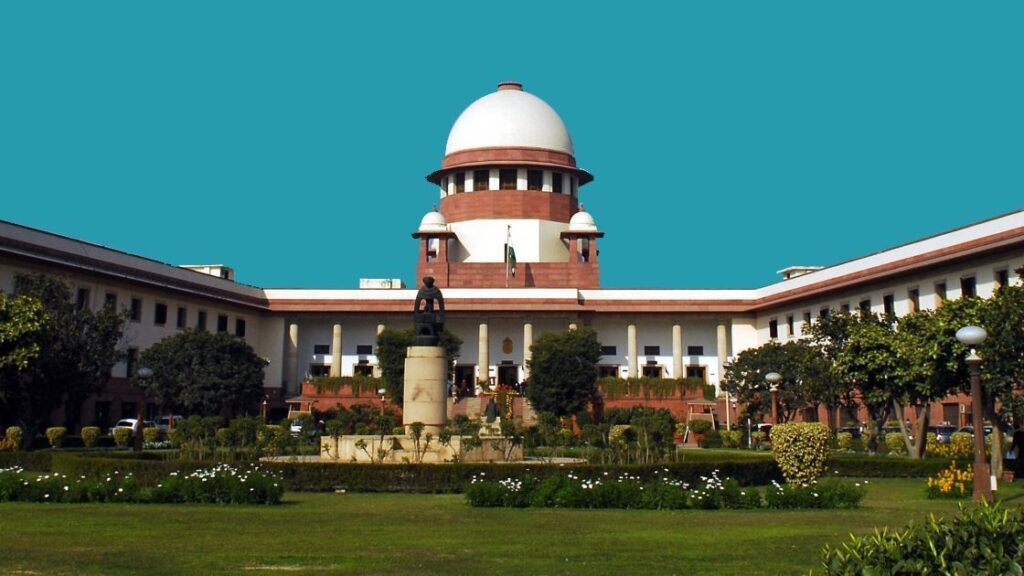
Hindu Succession | If Law Gets Amended Before Passing Final Decree In Partition Suit, Parties Can Seek Its Benefit : Supreme Court
Last Updated on April 1, 2023 by Administrator
Issue – The Supreme Court has ruled that, while a partition lawsuit is pending and a final decision has not yet been issued, the parties may seek the benefits of the modified statute. As a result, if the legislation controlling the parties has changed, the preliminary decree in a partition matter may be changed in the final decree processes.
Fact of the case – Mr. Kumar Sahoo died in 1969, leaving behind three children: Ms. Charulata, Ms. Santilata, and Mr. Prafulla. Ms. Charulata filed a partition lawsuit before the Trial Court, asking for a third portion of her late father’s inherited and privately obtained property.
The Trial Court issued a preliminary ruling on December 30, 1986, stating that Ms. Charulata and Ms. Santilata were each entitled to one-sixth of the ancestral holdings and one-third of the self-acquired possessions of the late Kumar Sahoo.
The Supreme Court received an appeal from Mr. Prafulla. It was maintained that the 2005 modifications to the Hindu Succession Act, 1956, which made females equal coparceners to boys, could not yet be put into effect. Furthermore, in light of the Settlement Deed, Ms. Santilata’s rights were declared void and handed to Mr. Prafulla.
Arguments – Any legislative change or subsequent event that results in an expansion, reduction, or adjustment in the share or rights of the Parties may be taken into consideration while the partition action is pending or between the passage of the preliminary decree and final decree in the partition suit.
Reasoning – According to a ruling, if the legislation controlling the parties has changed, the preliminary decree in a partition suit may be changed during the final decree processes.
It has been noted that Order XXIII Rule 3 of the Civil Process Act, 1908 states that any valid agreement or compromise that adjusts a claim in court whole or in part must be in writing and signed by all parties.
Judgement – The parties can ask the Trial Court to make a decision in accordance with the new statute while a partition lawsuit is pending and no final decree has been issued.
The Settlement Deed is no longer legal, hence Mr. Prafulla is no longer entitled to Ms. Santilata’s portion.
Provisions used in the case – Section 6 of the Hindu Succession Act, 1956
Case – Prasanta Kumar Sahoo & Ors. v Charulata Sahu & Ors.
Written by – Nikita Shankar




